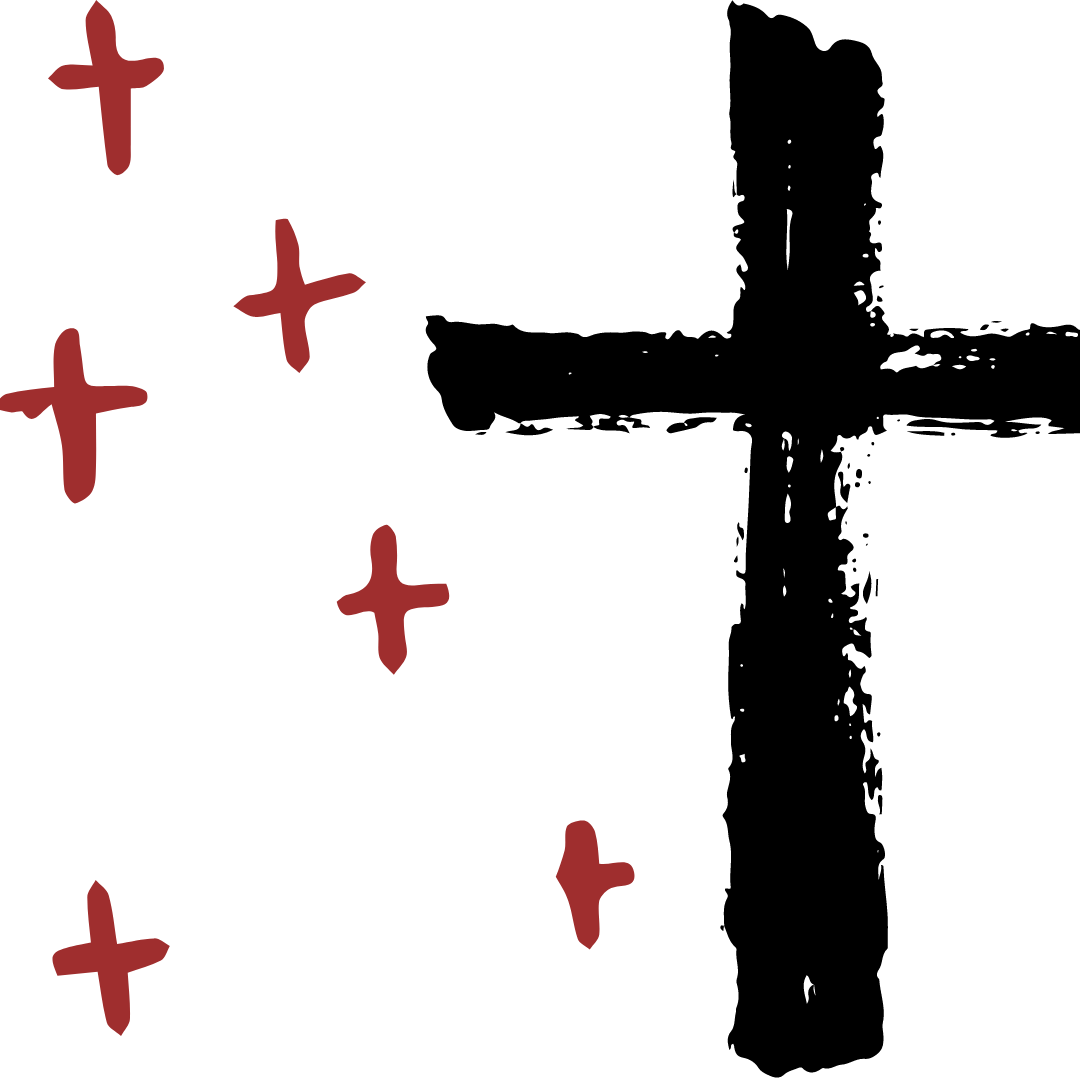Pope's new constitution for the Roman Curia announced
News in brief.
Pope's new constitution for the Roman Curia announced. Titled “Praedicate Evangelium” (”Preach the Gospel”), the constitution is the culmination of work since Francis became pope in 2013. The constitution provides for changes to the Roman Curia – the organisational and funding structure at the heart of the Roman Catholic Church. The new constitution will bring more lay people into senior roles, and is intended to help the Vatican fulfil a more mission-orientated vision. Read more.
Mayor of Kyiv invites pope. Kyiv mayor, Vitali Klitschko, has invited Pope Francis to visit Kyiv, which is currently under bombardment by Russian forces. In a letter to the pope, Klitschko wrote: "“We appeal to you, as a spiritual leader, to show your compassion, to stand with the Ukrainian people by jointly spreading the call for peace." Read more.
Expanded Russian and Ukrainian broadcasting from Vatican Radio. From 21 March, Russian and Ukrainian will join the more than 50 languages in which Vatican Radio is broadcast on shortwave. Read more.
Spotlight on Freiburg.
Freiburger Münster is a model of ornate Gothic church architecture, and its open-lattice spire was the first European exemplar of this architectural innovation in the Gothic style. The exterior of the cathedral features 91 gargoyles, and the interior is similarly ornate, with carvings and paintings representing the guilds of Freiburg. The cathedral miraculously escaped serious damage from bombing that destroyed parts of the city in 1944. The Lenten Cloth of Freiburg Münster, which covers the high altar between Ash Wednesday and Holy Wednesday is 400 years old, and, measuring 10 x 12 metres and weighing one ton, is the largest of its kind in Europe.
Three things about Paul Irénée Couturier (24 March).
Paul Couturier was born in Lyon, then spent much of his youth in Algeria before returning to Lyon where he was ordained in 1906.
He was an active promoter of Christian unity, and initiated the establishment of the Week of Prayer for Christian Unity. His interest in ecumenism was in part inspired by his encounters with Orthodox Christianity in his work with Russian refugees in the 1920s.
In 1934, he founded a group and series of activities to promote Christian unity in Lyon, extending from the feast of Saint Peter to the conversion of St Paul. In 1939, this became the "Universal Week of Prayer for Christian Unity".




